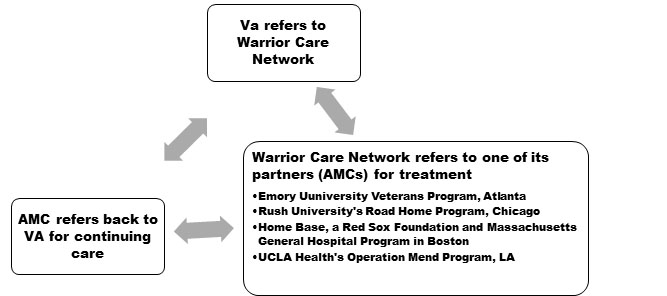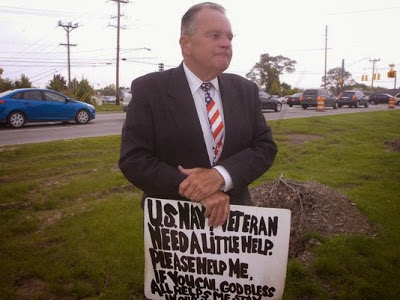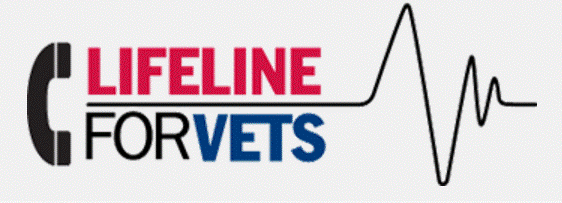
The Brain Trust is an annual event bringing the top minds in treatment of traumatic brain injury (TBI) and head trauma together with collaborators from professional sports, private industry, innovators, scientists, caregivers and Veterans.
The areas of focus this year include collaborative research, technological and sports innovations. The group’s aim is to identify solutions in prevention, diagnosis, treatment, rehabilitation, and reintegration of victims of head trauma. The VA and Warrior Care Network will both participate in the 2017 Brain Trust in Boston.
Warrior Care Network and VA Collaboration
The Wounded Warrior Project and the VA have been successfully collaborating on programs, policies, and benefits since WWP began 14 years ago. Their most recent collaboration is designed to enhance a wounded warrior’s journey through the Warrior Care Network and has been much more successful than originally expected.
The VA refers warriors needing treatment to the Warrior Care Network. One of the four participating care facilities listed above accepts the warrior for care. When the AMC believes the warrior is ready to cope on his/her own, they are transitioned back to the VA for continuing care. There is no charge to the warrior for any treatment by the Warrior Care Network.
The big elephant in the room is why should we need a Warrior Care Network at all? Why isn’t the VA taking care of our wounded warriors? The answer to that question comes down to sheer numbers.
It is estimated that 500,000 Veterans are currently struggling with PTSD and another 300,000 have suffered at least one traumatic brain injury. Numbers like this add up to a national healthcare crisis that will take cooperation between the VA, DoD, for-profit and nonprofit groups, and philanthropists all working together to heal those affected by war.
Status of the Public-Private Collaboration
Over 15 months, the Warrior Care Network has treated over 1,000 wounded veterans and members of their families.
In addition to treatment at one of the four AMCs, the Warrior Care Network established two- and three-week residential Intensive Outpatient Programs (IOPs) using a cohort structure. During an IOP, warriors are given an average of 77 hours of therapy. They are taught skills for coping at home. The secondary benefit of the cohort format is warriors form bonds with other veterans in their cohort that last beyond the IOP.
Do you know someone you think could benefit from this program? Contact the VA or the Wounded Warrior Project for additional information.





